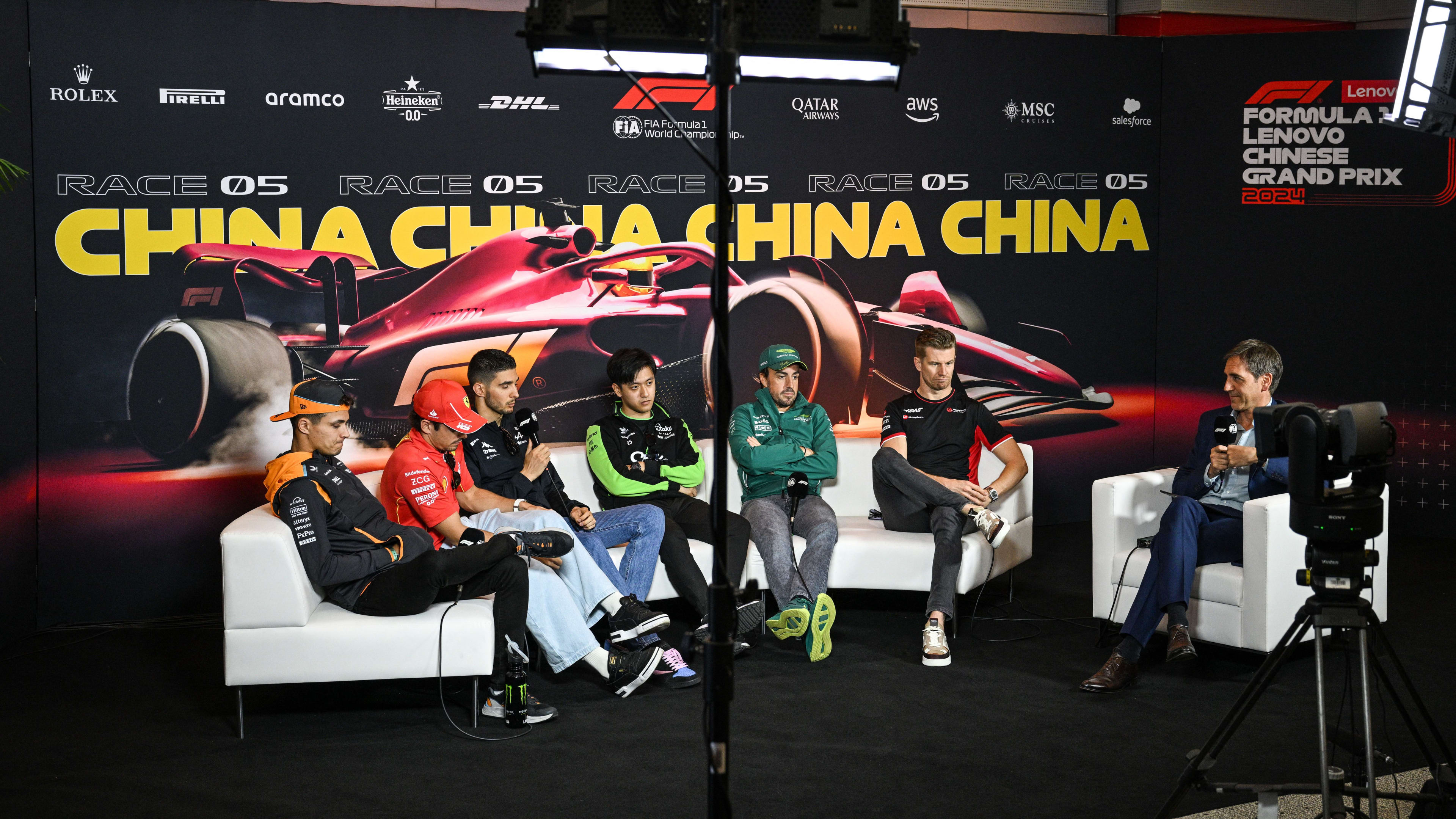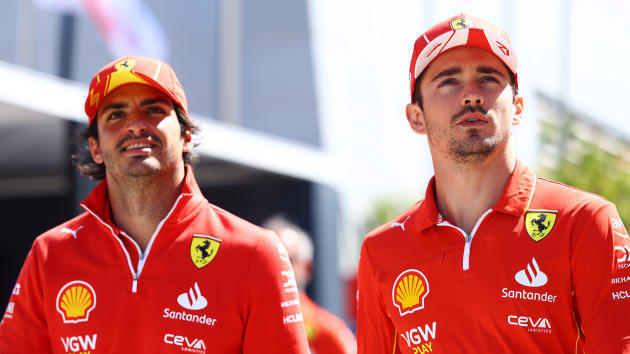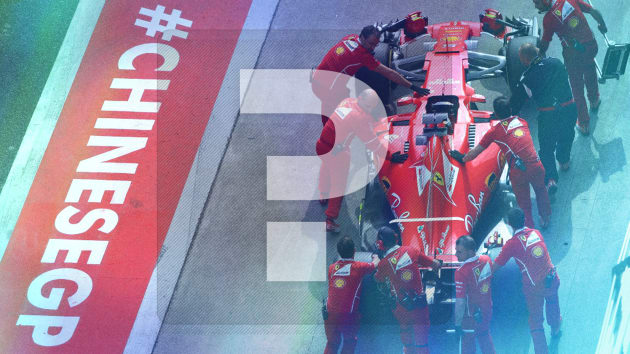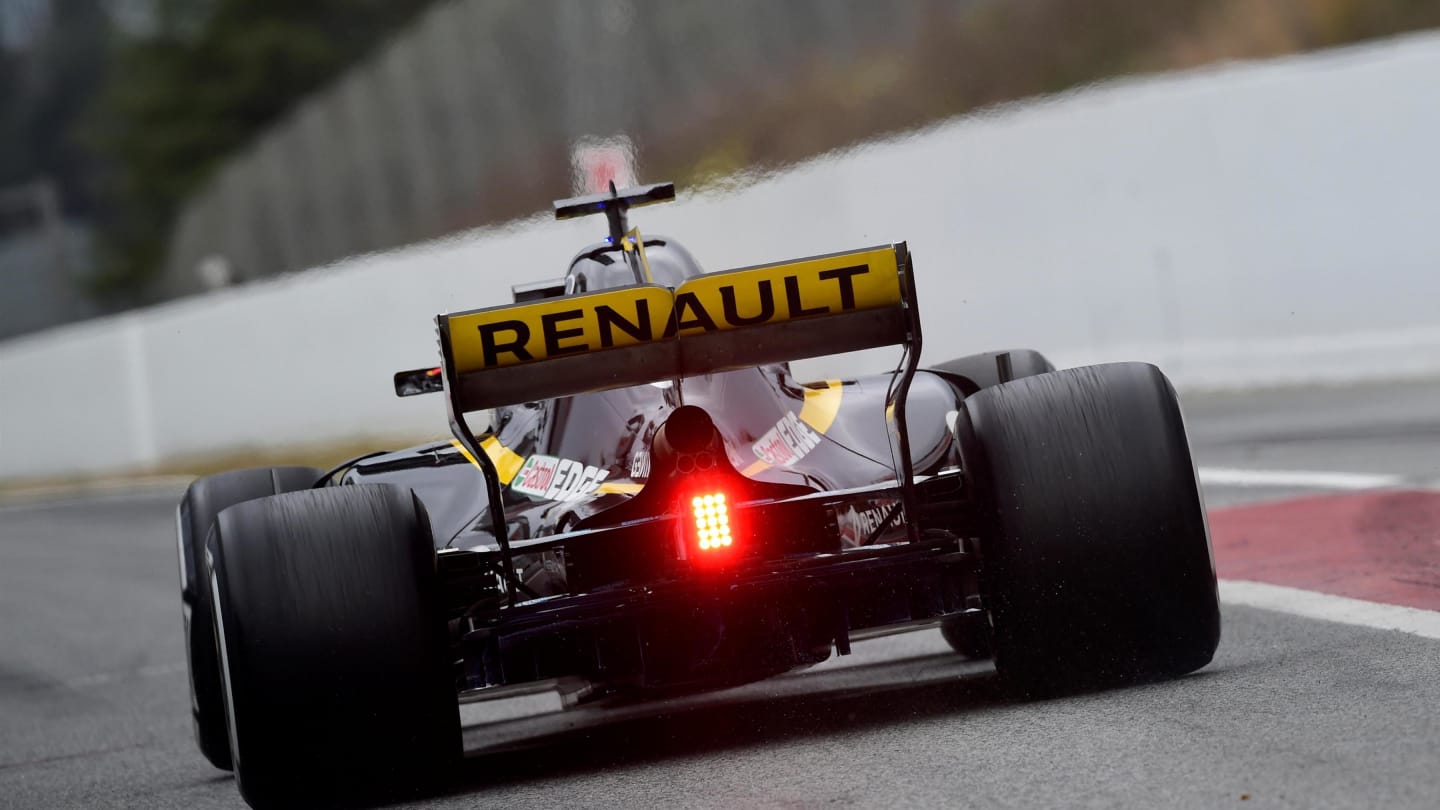
News
Improved PU reliability won’t come at performance cost - Renault
Share

The introduction of the halo may be the most obvious rule change for 2018, but the one that's more likely to have given the drivers nightmares is the reduced number of power unit components that can be used over the course of the year.
In 2017, each driver was limited to using a maximum of four of each power unit component before being lumped with a costly grid penalty. This season, that reduces to a maximum of three of each of the internal combustion engine, MGU-H and turbocharger, and two of the MGU-K, energy store and control electronics…
The Renault-powered teams were stung more than most last year as the French manufacturer struggled with power unit reliability. But though Renault Sport F1 managing director Cyril Abiteboul admits the rule changes will force a focus on reliability at the start of this term, he insists it won’t come at the cost of performance.
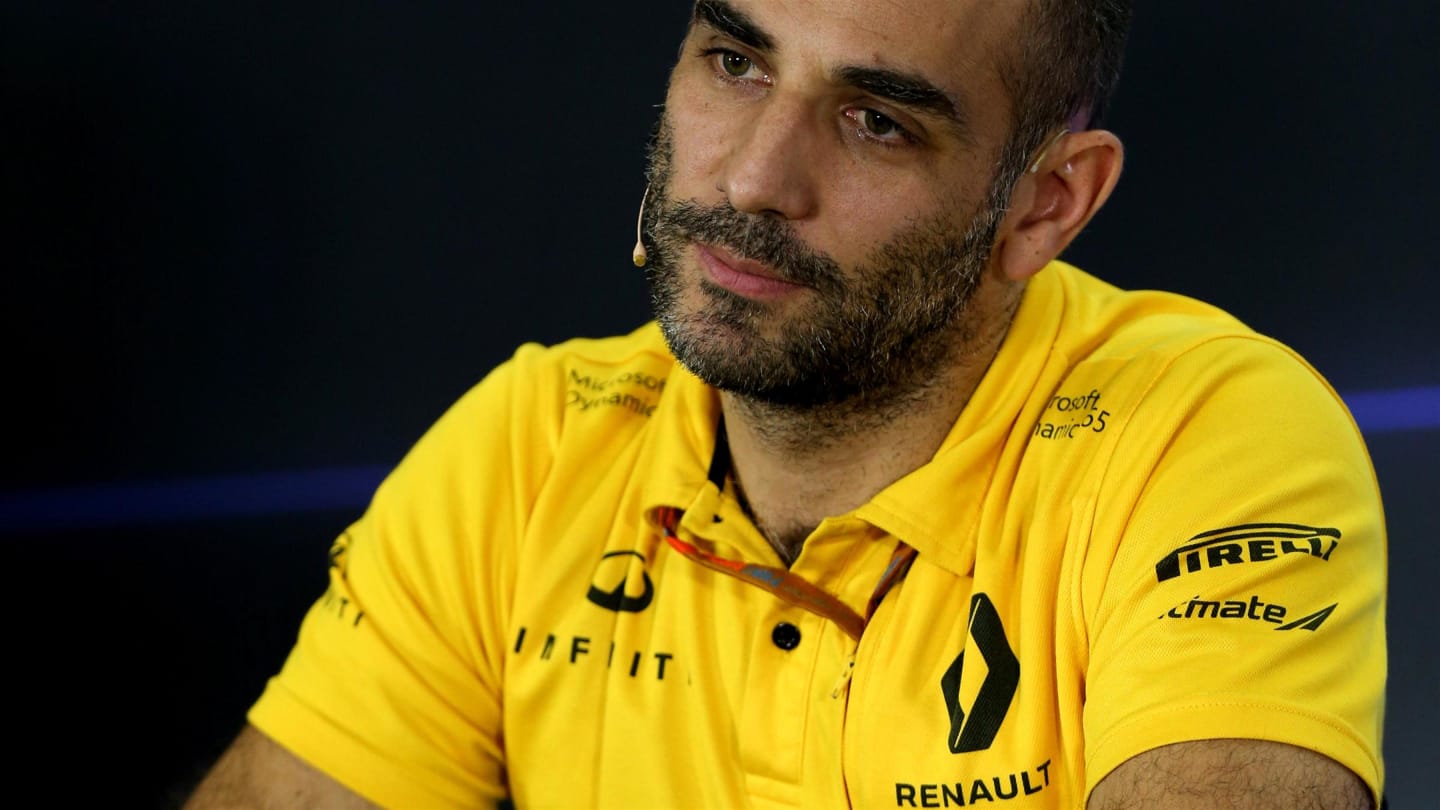
One thing we tend to forget is that reliability and competitiveness and performance go hand-in-hand
Cyril Abiteboul
“You know the problem is, being an engine supplier is the worst job in the world, because when you're not reliable, you're not reliable, and when you are reliable, you're not competitive enough,” Abiteboul said. “I accept the fact that the emphasis has been put on reliability for the obvious reason, but one thing we tend to forget is that reliability and competitiveness and performance go hand-in-hand.
“In particular last year we had to downgrade the power potential massively - the performance potential of the engine - because of the reliability situation. So the target this year is indeed to start the season first reliably, which will allow us to make full use of the potential of the engine - something we were not capable of doing last year - which means that from a competitiveness perspective, from a performance perspective, the engine should be performing better already.
“Frankly it's a no-brainer. If you look at where we were last year in terms of the reliability situation, if you look at the evolution and trend in terms of the regulations, it's a no-brainer that this is what you have to put as a priority. But again, the key message is that the fact that reliable components open up more options in terms of performance. So you cannot [separate] performance and reliability. The two go together, and when you work on reliability, you work on performance also.”
As Renault improved their engine performance last season relative to Mercedes and Ferrari, Red Bull (who run TAG Heuer-branded Renault units) won two of the final six races, and Abiteboul expects this year's powerplant to be at a similar performance level to the one it showed in the final race of 2017.
“It will be comparable to the end of last year when we were using it at its maximum potential, which has not happened on many occasions except maybe in Abu Dhabi," he said. "If you look for instance at the last three races in Mexico, Interlagos and then Abu Dhabi, you will see there was huge spread of performance between those three races.
“Abu Dhabi was the best trade-off between performance and reliability. So that's what we want to target for the start of the season in terms of performance available in particular.”
Renault is providing power units to three teams in 2018 – Red Bull, McLaren and its own works team. Which will have the edge when the action gets underway in Australia in March? Watch this space...
Share
YOU MIGHT ALSO LIKE
News Leclerc plans response after admitting team mate Sainz is ‘doing a better job’ so far this season
FeatureF1 Unlocked F1 QUIZ: 10 tricky questions on the history of the Chinese Grand Prix

Feature Fashion, tigers and Alonso’s words of wisdom – Getting to know the real Zhou Guanyu
Podcast BEYOND THE GRID: Zhou Guanyu on making history at his home Grand Prix in China, a passion for fashion and much more
